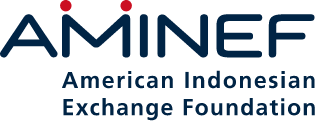Samantha Geary is a recipient of the Fulbright English Teaching Assistant Program Field of Study English Teaching Assistantship at Wake Forest University in 2016.
Stefan Rafael is a recipient of the Community College Initiative Program Field of StudyBusiness Management and Administration at Scottsdale Community College in 2017.
Samantha Geary:
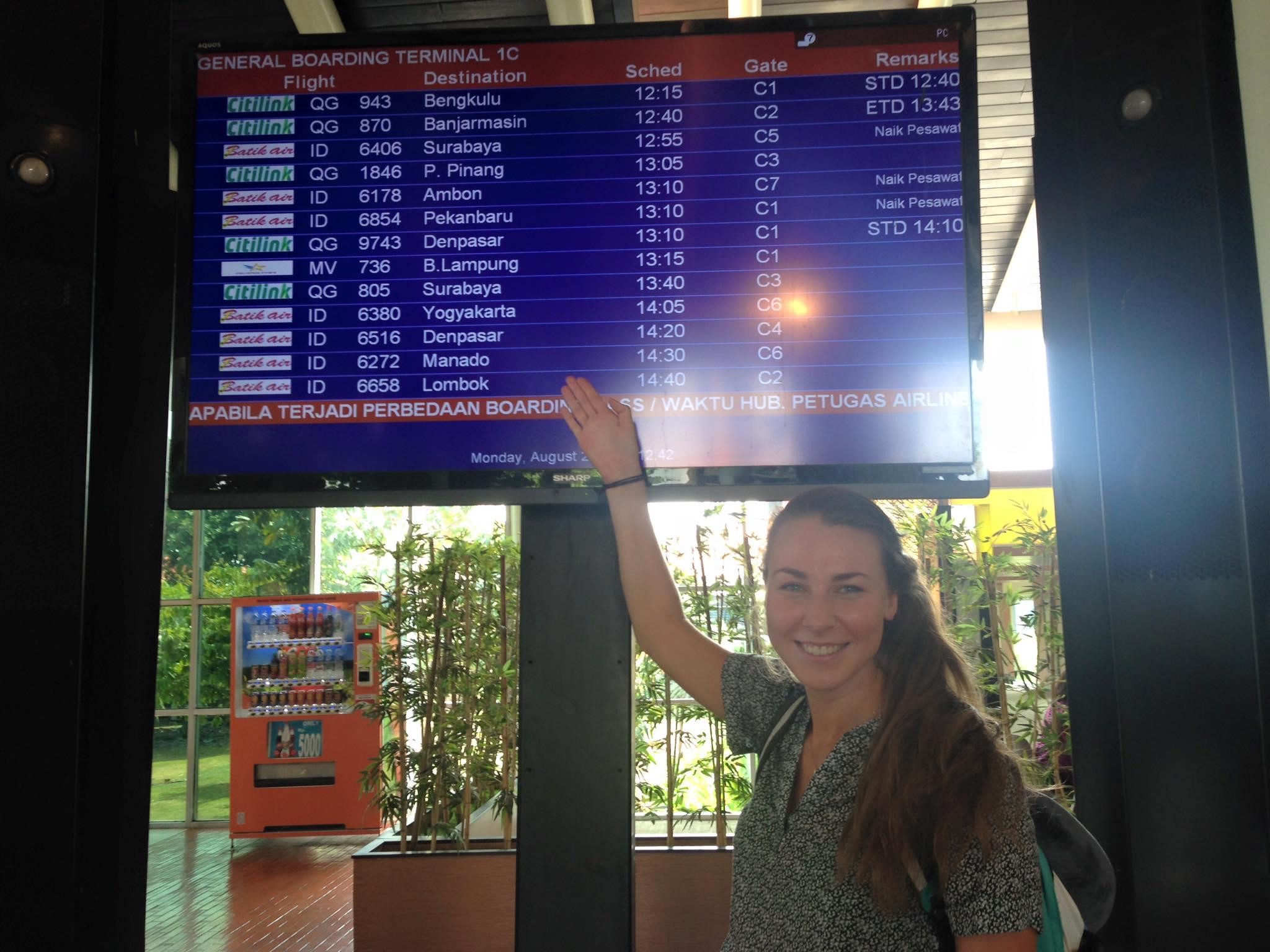
Hello (Halo)! My name is Sam Geary, and I was a Fulbright English Teaching Assistant at SMK Stella Maris from 2016-2017.
Q: Before coming to Indonesia, how did you know about Indonesia and Indonesian people? And, what were some of the assumptions you had about Indonesians?
A: Prior to my time as a Fulbright English Teaching Assistant in Indonesia, my understanding of the country was certainly limited. That said, throughout college, I was fortunate to have worked at a local restaurant owned by an Indonesian family. Through my friendships with my colleagues, I was able to shamelessly practice Bahasa (Indonesian), try my first bubur kacang hijau to buka puasa after evening shifts during Ramadan, and experience the generosity and community that is so central to the Indonesian culture.
Despite this experience, I definitely still had a lot to learn. Most of my colleagues were from Jawa Barat (west Java), so my understanding of Indonesian culture and language was limited to this one regional perspective. Additionally, I knew that Indonesia had the largest Muslim population in the world, so I assumed that religion, and more specifically, Islam, would be quite consequential in daily life. While this is true to an extent, I gained a much more nuanced perspective on religion and its impact in Indonesia through my time as a Fulbright ETA. I found my communities to be quite religiously diverse and inclusive, and in some ways just as, if not more, focused on regional and tribal (suku) identity than religious identity.
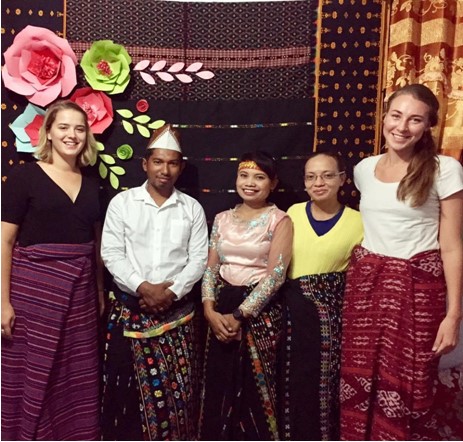
Q: When you were a Fulbright ETA what were some of the new things you learned about Indonesia and Indonesians? Which one impressed you the most?
A: As a Fulbright ETA, I was exposed to many aspects of Indonesia, including its arts, history, environment, culture, and language. I learned how to tell the difference between batik cap and batik tulis, and the regional attributions of various batik patterns. I read as much as I could about Indonesian history, and was fascinated by the amalgamation of cultures that had existed historically in the archipelago, and contributed to Indonesia we know today. Living in the coral triangle, I couldn’t help but learn to dive, and through this hobby, I developed knowledge of the vast marine biodiversity of the country. I enjoyed learning about regional cultures and languages and spent as much time as possible practicing my Bahasa Manggarai and Bahasa Manado.
Of all of these learnings, I was most impressed by the incredible linguistic and cultural diversity of Indonesia. So many of my friends would reference their “Suku,” or tribe, “Desa” or village, and speak at least one regional language in addition to Bahasa Indonesia. This was so different than what I had experienced at home, especially given the U.S.’ troubling history of deliberate efforts to erase indigenous languages and cultures.
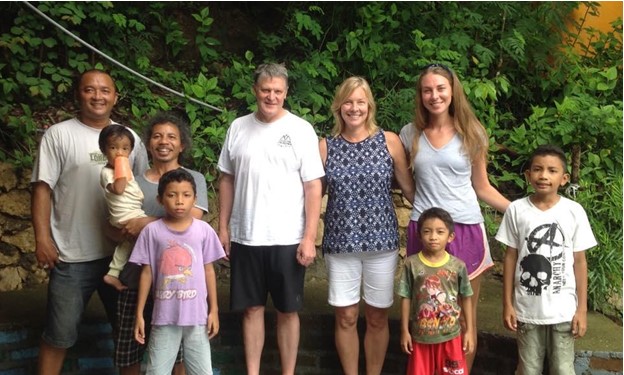
Q: After completing the Fulbright ETA program, what do you think about Indonesians?
A: Indonesians are fantastic, and I am grateful to have had the opportunity through the Fulbright ETA program to work closely with Indonesian colleagues and students and to develop many friendships with Indonesians. This question is a bit tricky to answer because Indonesians are so incredibly diverse and each individually unique, especially when you consider the hundreds of languages and cultures that exist in the country.
If I had to generalize, I would say that overall I think Indonesians are quite welcoming and community-oriented. During my two years in Indonesia, I was invited into more homes, and to more desa than I had ever been in my life, and in those spaces, I experienced the generosity and kindness of Indonesian families, all in the spirit of making others feel welcome. Additionally, Indonesians are so community and family-oriented, especially in comparison to Americans. I remember when I lived in Labuan Bajo, if I was alone in my room, my neighbors would stop by to check on me to make sure that I was okay. It was so important to be connected and in community with others that me hanging out alone in my room was a cause for concern, rather than a form of “self-care” or some “downtime” as it would have been perceived in the U.S., where our culture is much more individualistic.
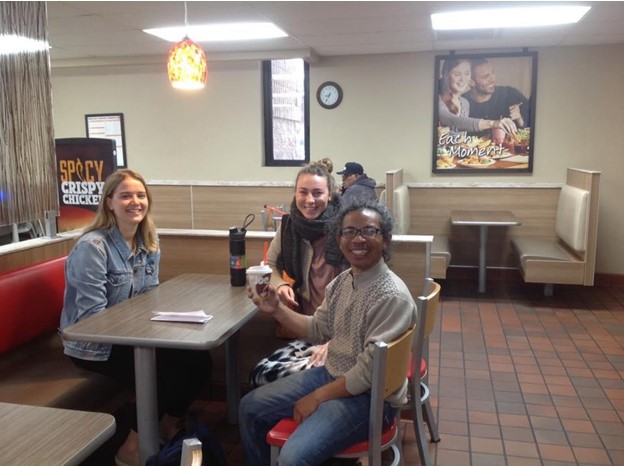
Q: After returning home, what do you usually say about Indonesians to your fellow Americans? How do you maintain your connection with Indonesia?
A: I appreciate any opportunity to share my experience and educate others about Indonesia- I love to share information about everything from its linguistic and cultural diversity to its rich and captivating history. Unfortunately, many Americans have little to no experience with or understanding of many of the countries and cultures throughout the world, including Indonesia. I leverage my role as an educator to share information about Indonesia with my students, and to encourage them more broadly to expose themselves to the many different countries and cultures beyond the United States. In fact, I have had several of my high school students who are passionate about language and cultural exchange apply to the National Security Language Initiative for Youth (NSLI-Y) program (although no students have applied to Indonesia’s program yet- I’m working on them!).
I maintain my connection to Indonesia through music, food, and friendships. My neighbors often hear Mitha Talahatu or Ivan Nestorman songs blasting from my apartment windows while I cook. Cooking and eating Indonesian food brings back so many memories for me, and I spend a lot of time searching for things like resep tahu tempe rica-rica on google and grow turmeric, ginger, and chiles in my garden. I still keep in touch with many of my Indonesian friends and students and find that these relationships also help me when my Bahasa skills become rusty. I have been especially lucky to have had Pak Stefan, my co-teacher and counterpart in Labuan Bajo, receive a Fulbright grant to the U.S. I visited him during his time living in Arizona and got to see him when he visited California, too!
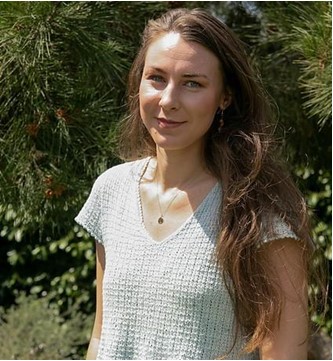
Q: What habit did you pick up from the Indonesians that you still do today?
A: There are many habits that I have picked up from my time in Indonesia that are now just part of my routine. I always eat with both a fork and spoon (spoon in my right hand, of course) and often have to ask for a spoon at American restaurants (forks alone just don’t do it for me anymore!). When I shake someone’s hand, I always touch my hand to my heart afterward, which I picked up at some point during my time in Indonesia. Americans don’t really understand it, but it just feels more respectful to me. I also find that some Bahasa words are just better at expressing what I need to say, and my close friends and family members definitely have integrated phrases like hati-hati or semangat into their lingo, too.
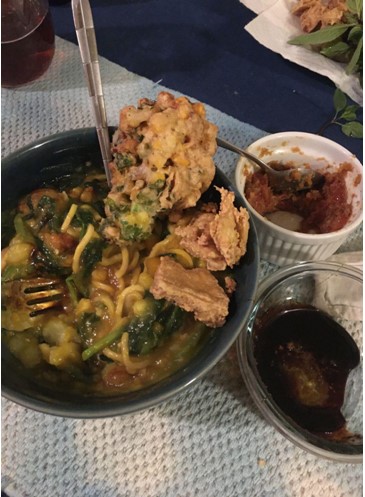
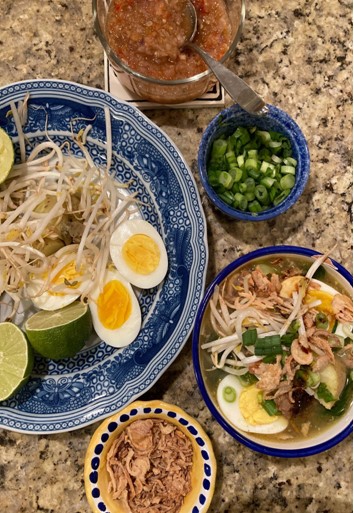

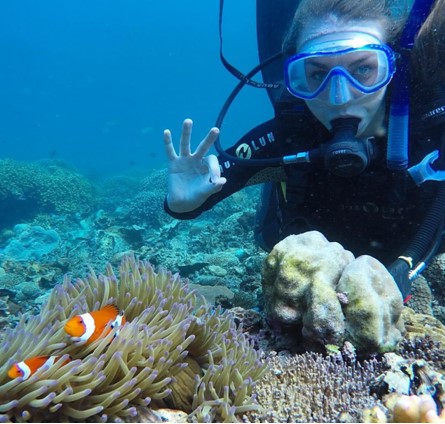
Pak Stefan Rafael:
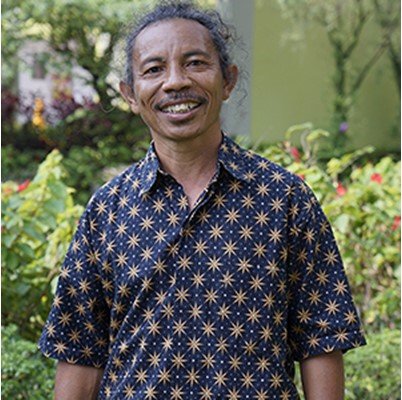
Stefan: Hi/Hello, I am Stefan Rafael, Marine English Teacher. In 2016, I taught English together with Fulbright English Teaching Assistant Samantha Geary at SMK Stella Maris in Labuan Bajo. I am also an alumnus of the Community College Initiative (CCI) Program, a U.S. State Department program, in 2018.
Q: Before working with Fulbright ETA Samantha Geary, how did you know about the U.S. and Americans? And, what were some of the assumptions you had about the Americans?
A: Before working with Fulbright ETA Samantha Geary, I knew the U.S. and Americans from my co-workers who worked on conservation in Labuan Bajo that Americans loved nature, people and worked hard to achieve their goals.
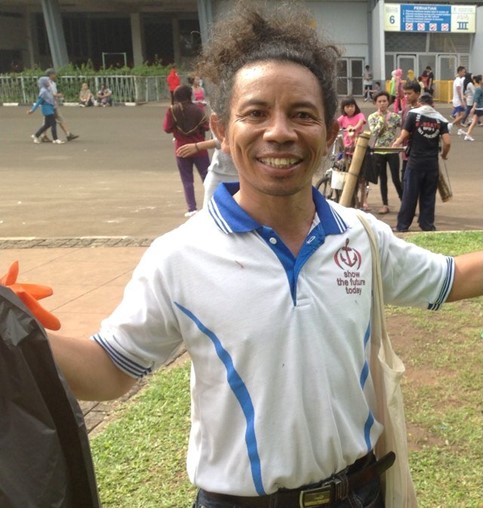
Q: After working with Fulbright ETA Samantha Geary and interacting with other ETAs, what did you think about Americans? What were some of the new things you learned about Americans? Which one impressed you the most?
A: After working with Fulbright ETA Samantha Geary and interacting with other ETAs, I knew that Americans always worked with plans, recorded information they got and reviewed the class activity we did. Americans loved to help and were easygoing.
Q: You won the CCI Program award in 2017-2018 and departed for the U.S. Did the experience you have from your interaction with Fulbright ETAs in Indonesia help you adjust and interact with Americans and international students in the U.S.?
A: The experience I had from my interaction with Fulbright ETAs in Indonesia helped me adjust and interact with Americans and international students in the U.S.
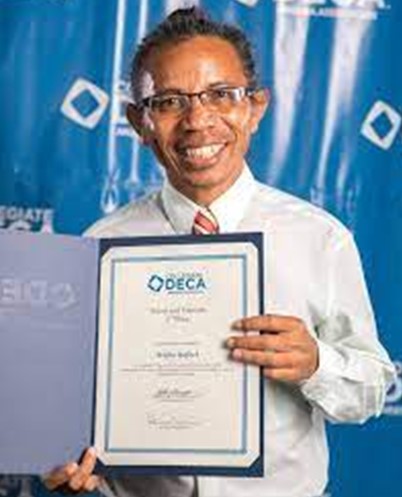
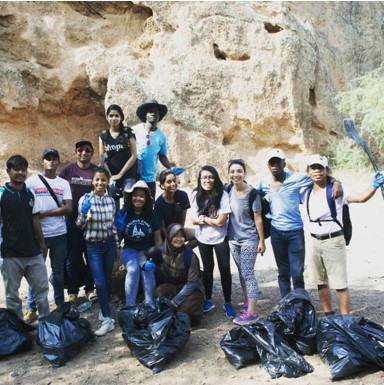
Q: Now that you completed the CCI program and have returned to Indonesia, what do you think about Americans? And what do you usually say about Americans to your fellow Indonesians? How do you maintain your connection with the U.S.?
A: Americans are diverse in colors and cultures. They respect each other and are full of self-confidence. Americans are very creative and mostly based on science for problem-solving. They work very smartly. Now I am still connected with friends from the U.S. and other countries through social media and working together as volunteers for global issues regarding reducing the impact of plastic waste in the ocean.
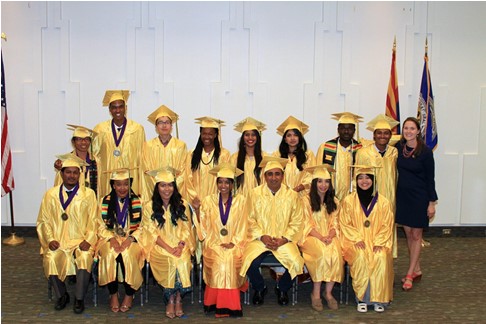
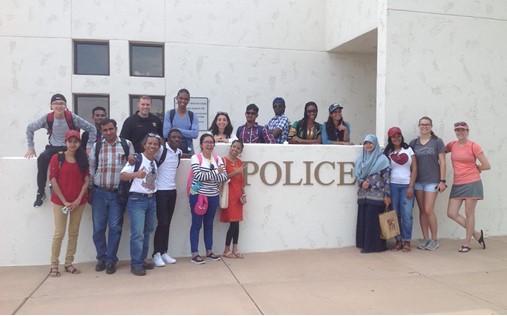
Q: What habit did you pick up from the Americans that you still do today?
A: I love American’s way of working with a commitment like love what I do and do what I love. This is one of the American habits that suit my spirit right now and still for days ahead.
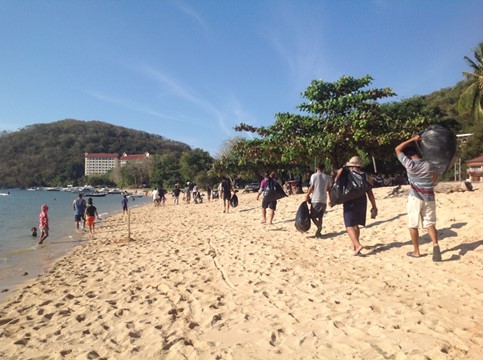
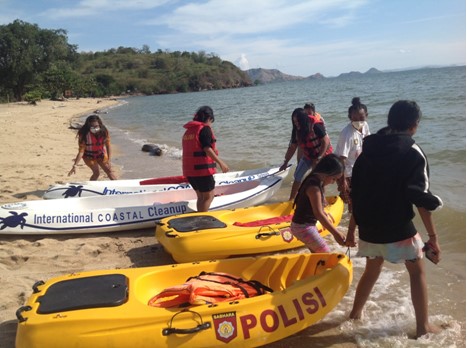
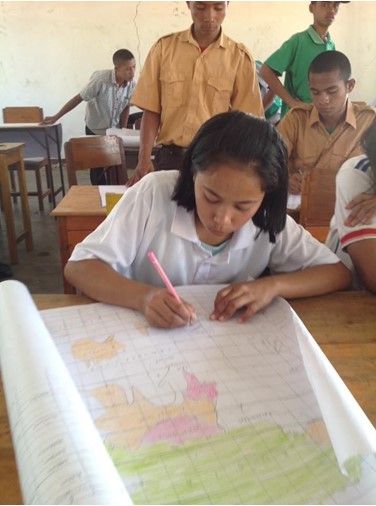
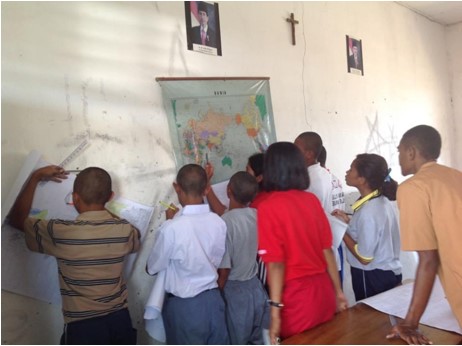
Last Updated: Mar 30, 2024 @ 11:12 pm
